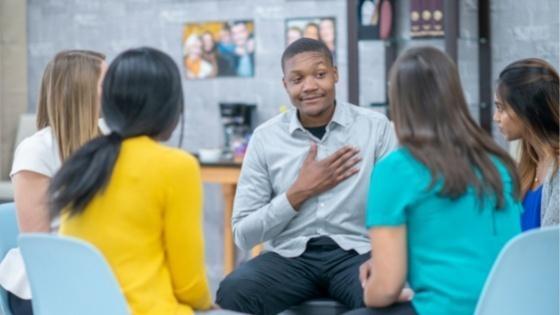The use of mobile devices and mobile apps has become the norm. Mobile apps solve people's need for purchases, information, connection, health and nutrition tracking, and mental health. Deciding which mobile app to use for a specific mental health need, such as managing depression, can be difficult. There are thousands of apps to choose from and the information available on the apps’ sales pages are often not adequate to make an informed decision.
Clinicians need to be competent at reviewing apps before recommending them to clients. Individuals seeking to utilize apps also need guidance in making a smart decision. Professional organizations have carefully created guidelines for evaluating apps for mental health. For example Raymond Barrett, our CEO, as a member of the American Telemedicine Association has been on an ATA task force for establishing tool for evaluating mobile apps for depression.





The course was so informative and I was glued to my screen for the entire duration. I received so much knowledge concerning ethics in telehealth and I am greatly encouraged to read about all the standards and policies that pertain to my practice. Thank you!.